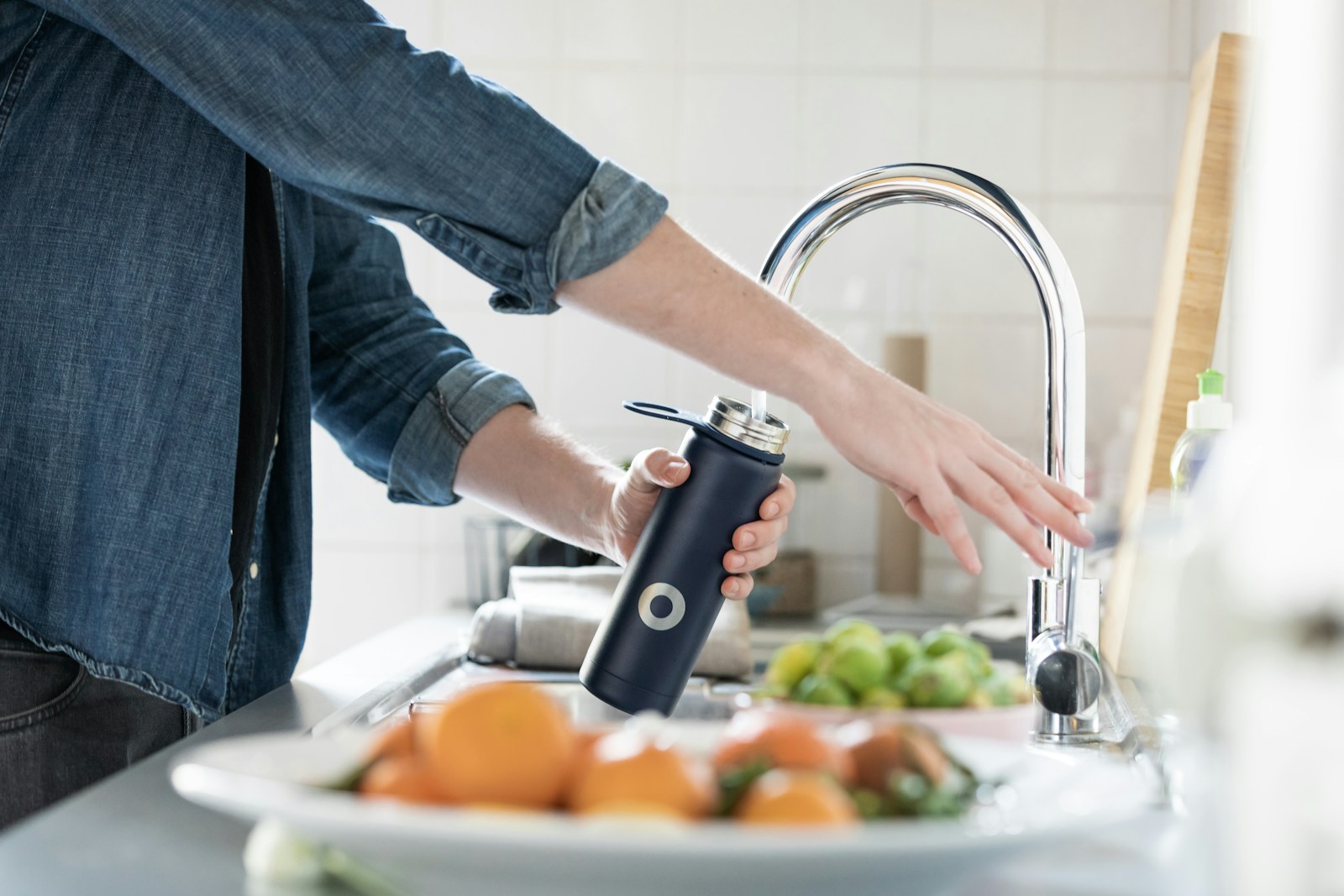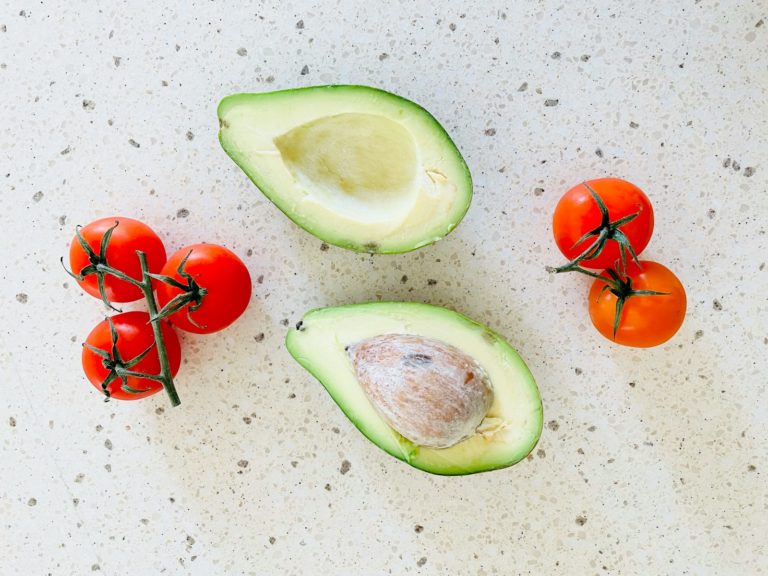Hydration During Fasting: The Ultimate Guide
Hydration is the foundation of a successful fasting journey.
Whether you’re fasting to improve your health, balance hormones, or simply feel your best, staying hydrated is non-negotiable.
Without proper hydration, you may face headaches, fatigue, or even difficulty focusing.
This guide will show you everything you need to know about hydration during fasting – why it’s important, how to do it effectively, and the tools to make it easy.
Why Hydration is Crucial During Fasting
When you’re fasting, your body is hard at work flushing out toxins, balancing hormones, and conserving energy. Water plays a critical role in these processes:
- Regulates Energy Levels: Dehydration can make you feel sluggish, which is the last thing you need when fasting.
- Supports Detoxification: Water helps flush toxins from your body, especially during longer fasting windows.
- Aids Digestion: Even while fasting, staying hydrated helps keep your digestion on track and prevents constipation.
Signs You’re Not Hydrated Enough
It can be hard to tell if you’re drinking enough water, especially when fasting. Here are the key signs of dehydration to watch out for:
- Dark-colored urine (ideal urine is pale yellow).
- Fatigue or dizziness.
- Dry mouth or cracked lips.
- Headaches.
Are you noticing any of these signs? Prioritize hydration and think about getting a medical checkup.
Early Signs of Dehydration During Fasting
It’s easy to overlook mild dehydration, especially when fasting, but catching the early signs can help you stay on top of your hydration.
Here are some common early warning signals:
- Mild Headaches: A subtle headache that comes on gradually may be one of the first signs your body is starting to feel dehydrated.
- Dry Mouth: If you notice a dry, sticky feeling in your mouth, it’s a signal that your body needs more water.
- Fatigue or Lethargy: Feeling unusually tired, sluggish, or low on energy—even though you’re well-rested—could indicate dehydration.
- Dizziness: Light-headedness or a sense of vertigo can occur when your fluid levels drop, particularly during longer fasts.
- Reduced Urine Output: If you’re not peeing as often, or your urine appears darker than usual, this is a clear sign that your body is trying to conserve water.
- Cravings: Sometimes dehydration can masquerade as hunger. If you’re fasting and experience cravings, it might just be your body asking for hydration, not food.
Recognizing these early signs will help you take action before dehydration sets in more severely. If you’re experiencing any of these symptoms, increase your water intake and consider adding electrolytes for faster recovery.
Electrolytes: The Secret to Hydration Success
Electrolytes are essential minerals like sodium, potassium, and magnesium that your body needs to maintain hydration and balance. During fasting, your body flushes out electrolytes, which can lead to dehydration symptoms even if you’re drinking enough water.
Fasting-Safe Electrolyte Tips:
- Add a pinch of high-quality sea salt to your water for sodium.
- Use fasting-safe electrolyte powders or tablets (look for zero-calorie options).
- Incorporate magnesium through supplements or mineral water.
How Much Water Should You Drink While Fasting?
While the exact amount varies based on individual needs, a general rule is to aim for at least:
- Women: 2-2.5 liters per day.
- Men: 3-3.5 liters per day.
Pro Tip: Spread your water intake throughout the day instead of drinking it all at once to prevent overhydration.
FAQs About Hydration During Fasting
- Can I drink coffee or tea while fasting?
Yes, as long as it’s unsweetened and without milk or cream. Both coffee and tea can support hydration. - Can I drink sparkling water while fasting?
Absolutely! Sparkling water is fasting-safe and can be a great way to add variety. - How do I know if I need more electrolytes?
If you feel weak, lightheaded, or experience muscle cramps, it’s a sign your electrolytes may be low.
Conclusion
Staying hydrated while fasting doesn’t have to be complicated. By understanding the importance of hydration, recognizing signs of dehydration, and incorporating electrolytes, you can support your body and make your fasting experience more effective.
Ready to take your hydration to the next level? Download our free hydration tracker to help you stay on top of your goals and thrive during fasting!
Affiliate Disclosure: This post contains affiliate links. We may earn a commission if you purchase through these links, at no additional cost to you.





